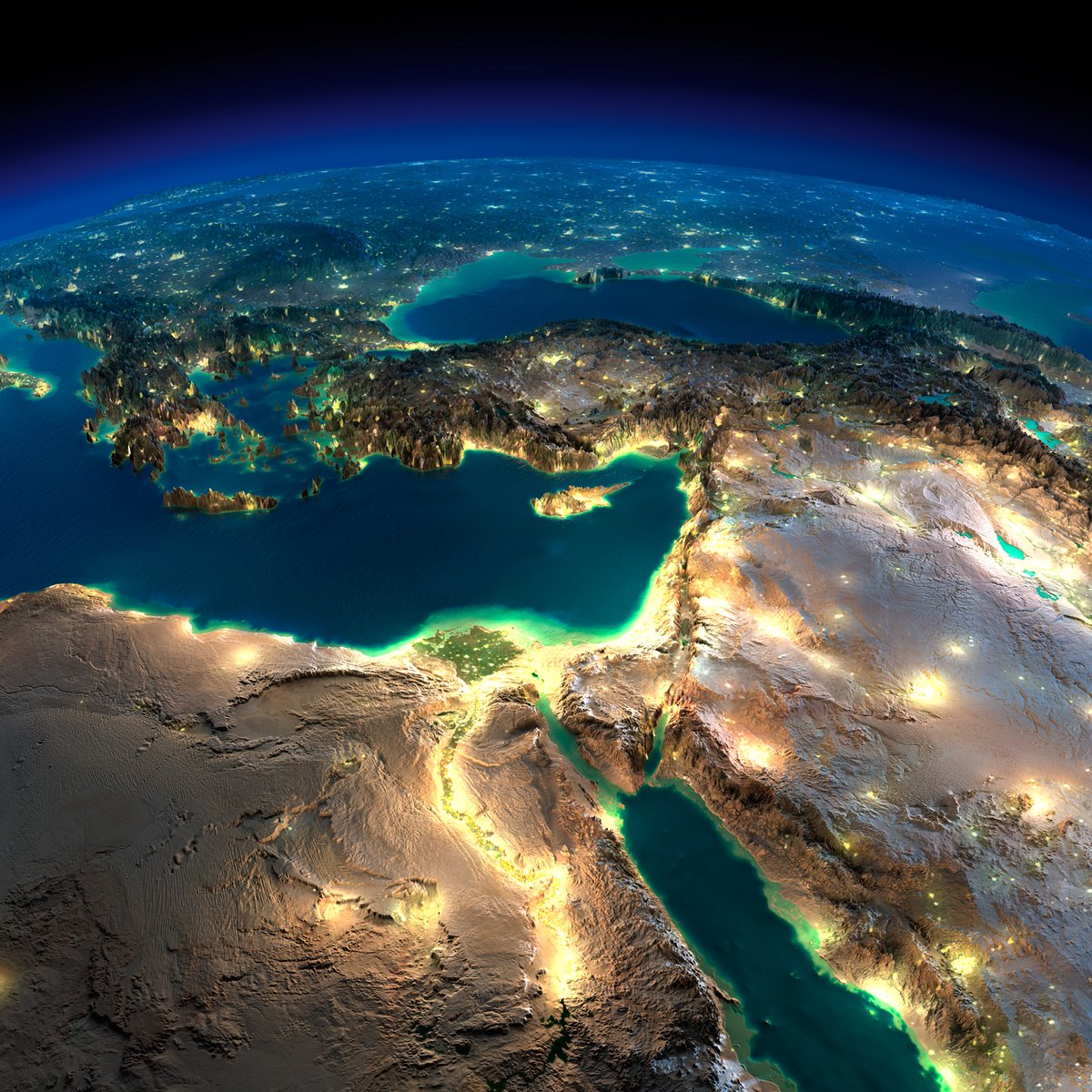Here is a thread from my Covenant & Conversation essay on #Kedoshim called "From Priest to People". You can read it in full here: bit.ly/2LwLelm and download the accompanying Family Edition here: bit.ly/2JwrStS. #ShabbatShalom 

Something truly remarkable happened after the biblical era and the destruction of the Second Temple.
Faced with the loss of the entire infrastructure of the holy, the Temple, its Priests, and sacrifices, Judaism translated the entire system of avoda, divine service, into the everyday life of ordinary Jews.
In prayer, every Jew became a Priest offering a sacrifice. In repentance, he became a High Priest, atoning for his sins and those of his people. Every synagogue, in Israel or elsewhere, became a fragment of the Temple in Jerusalem.
Every table became an altar, every act of charity or hospitality, a kind of sacrifice. Torah study, once the speciality of the Priesthood, became the right and obligation of everyone. Not everyone could wear the crown of Priesthood, but everyone could wear the crown of Torah.
Out of the devastating tragedy of the loss of the Temple, the Sages created a religious and social order that came closer to the ideal of the people as “a kingdom of Priests and a holy nation” than had ever previously been realised.
The seed had been planted long before, in the opening of Leviticus 19: “Speak to the entire assembly of Israel and say to them, ‘Be holy because I the Lord your God am holy.’”
Holiness belongs to all of us when we turn our lives into the service of God, and society into a home for the Divine Presence.
• • •
Missing some Tweet in this thread? You can try to
force a refresh









